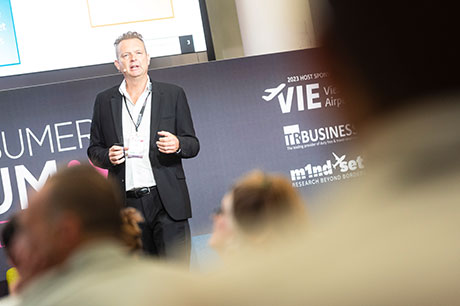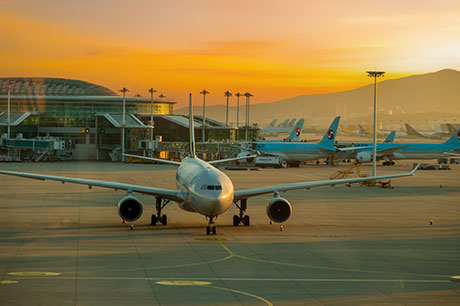Electrofuels ‘can determine green aviation success across Denmark’
By Luke Barras-hill |
Investment in the large-scale production of electrofuels can play a crucial role in Denmark’s goal to decarbonise the aviation sector, says Scandinavian Airlines (SAS).
Denmark’s government is aiming to make its domestic flights free of fossil fuels by 2030, Prime Minister Mette Frederiksen announced in a New Year’s address.
Danes must be given the opportunity to ‘fly green’ on a domestic route by 2025, she added.
The country plans to channel investment into ‘Power-to-X’ (PtX) technology that converts green electricity (using electrolysis) from sources such as wind turbines into fuels that can be used for aircraft, ships engines and trucks.
A COMMON GOAL
“The Danish Government’s 2030 goal is exciting, and we look forward to a dialogue on how we will achieve this goal for Danish domestic aviation jointly,” a spokesperson from SAS told TRBusiness.
“The fact that the Danish government has announced they also have ambitions for future aviation to be sustainable we see as something very positive.
“This way we all work towards the same goal: to make flying more sustainable. Key elements for success are the future availability of electrofuels and the price of this. This requires investments in facilities for large-scale production of electrofuels.”
The administration’s goal nationally is for a 70% reduction in greenhouse gases by 2030.
The threat of rising global temperatures and climate pollutants will also lead to a decision on a new CO2 tax this year.
Frederiksen said in her address: “We need to make it green to fly. Will it be difficult? Yes. Is it possible? Yes, I think so. We are already on our way.
“Skilled researchers and companies are working on the solutions. If we succeed. Then it will be a green breakthrough. Not just for Denmark. But for the whole world.”
SAS hints at ‘ambitious plans’ to be at the forefront of work in sustainable aviation, including through the Danish climate partnerships through which it plays an active role.
By 2025, the airline is aiming to lower its CO2 emissions by 25% versus 2005 (absolute emissions).
By 2030, it hopes to achieve net zero carbon emissions across SAS domestic markets and to use 17% biofuel – equivalent to the total SAS domestic production – and utilise 100% sustainable materials in its customer offering.
Alcohol insights: Conversion up, spend down in Q4
Conversion of visitors in the alcohol category in duty free has risen to 54% in Q4 2023,...
Men buy and spend more in travel retail says new research by m1nd-set
Men have a higher conversion rate and spend more when shopping in travel retail, says new...
Saudia Arabia's KKIA unfurls T3 duty free expansion
King Khalid International Airport (KKIA) has unveiled the first stage of its much-vaunted duty...

In the Magazine
TRBusiness Magazine is free to access. Read the latest issue now.

 Trbusiness. The travel retail Trbusiness. The magazine for global retail and duty free professionals.
Trbusiness. The travel retail Trbusiness. The magazine for global retail and duty free professionals.























